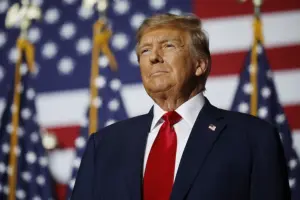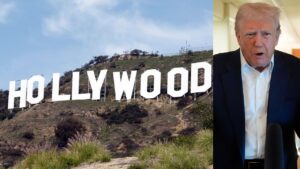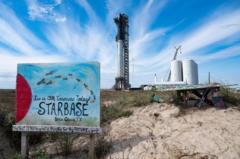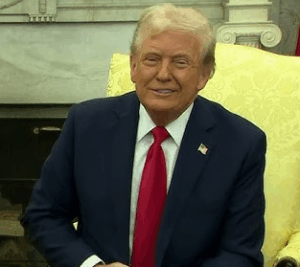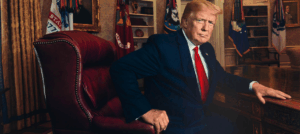In an effort to address rising tensions surrounding new land reform laws, South Africa's President Cyril Ramaphosa reached out to Elon Musk, who has aligned himself with U.S. criticisms. Ramaphosa emphasized adherence to legal frameworks while continuing to define the controversial land ownership issues rooted in the country’s apartheid past.
South Africa's President Holds Call with Elon Musk Amid Land Reform Tensions
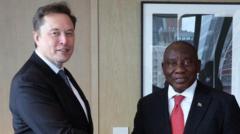
South Africa's President Holds Call with Elon Musk Amid Land Reform Tensions
President Cyril Ramaphosa seeks to clarify land reform policies following U.S. criticism and concerns from notable tech billionaire Elon Musk.
In a move aimed at calming rising tensions, South Africa’s President Cyril Ramaphosa reached out to tech magnate Elon Musk, marking an unusual intersection between local governance and global entrepreneurship. The communication arose in response to recent remarks from U.S. President Donald Trump, who threatened to withdraw funding from South Africa due to allegations of unjust land confiscation practices.
Musk, born in South Africa and now an influential figure in U.S. politics as a key advisor to Trump, had voiced his concerns on social media, highlighting a perceived “openly racist” aspect of the country’s ownership laws. In this context, Ramaphosa sought to assure Musk and the wider international community of South Africa’s commitment to the rule of law, justice, and equality as enshrined in the national constitution.
The backdrop of this diplomatic maneuver is a recently enacted law that facilitates land seizures under specific circumstances without compensation, deeply tied to South Africa's historical struggle for land equity. Decades of controversy over land ownership, compounded by the legacy of apartheid, continue to stir debate.
Despite the legislation, which aims to provide a legal framework to address long-standing grievances over land injustices, critiques have been swift, with some drawing parallels to past economic turmoil in Zimbabwe following similar land reforms. Ramaphosa’s office emphasized that the new policy is intended for cases deemed “just and equitable” and focused on the public interest, ensuring it only targets neglected or hazardous properties.
In earlier comments, President Ramaphosa clarified that his government had not confiscated any land, countering Trump's accusations and affirming that the administration is committed to addressing land reform thoughtfully and inclusively. The passionate discourse surrounding land ownership in South Africa reflects ongoing frustrations and collective memories from a past marred by racial injustice.
With an estimated 72% of privately held farmland owned by white individuals, the impact of land reform remains a critical and divisive issue that resonates deeply within South African society today. The conversation between Ramaphosa and Musk underscores the complicated interplay of domestic policy and international perceptions in navigating this challenging landscape.






